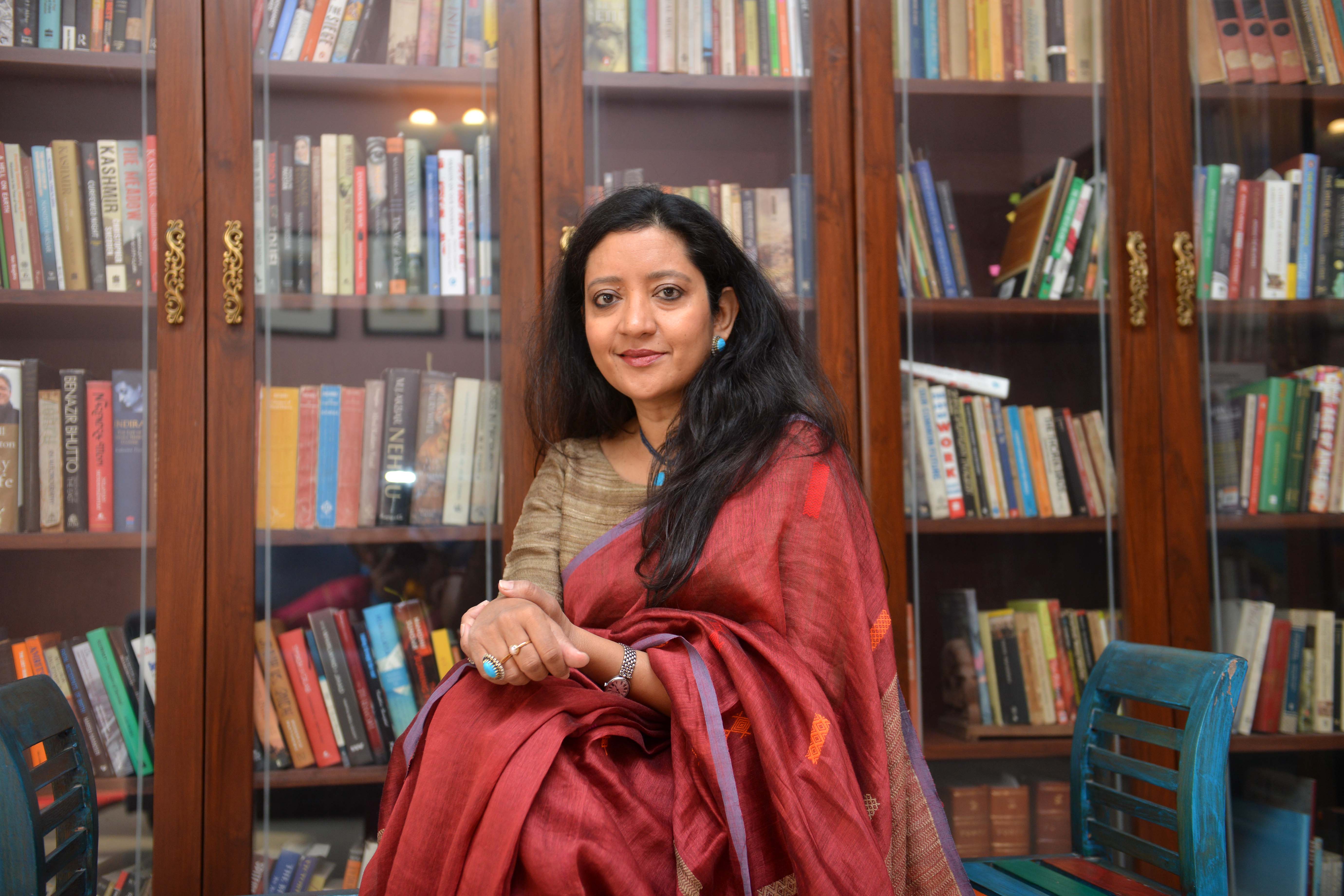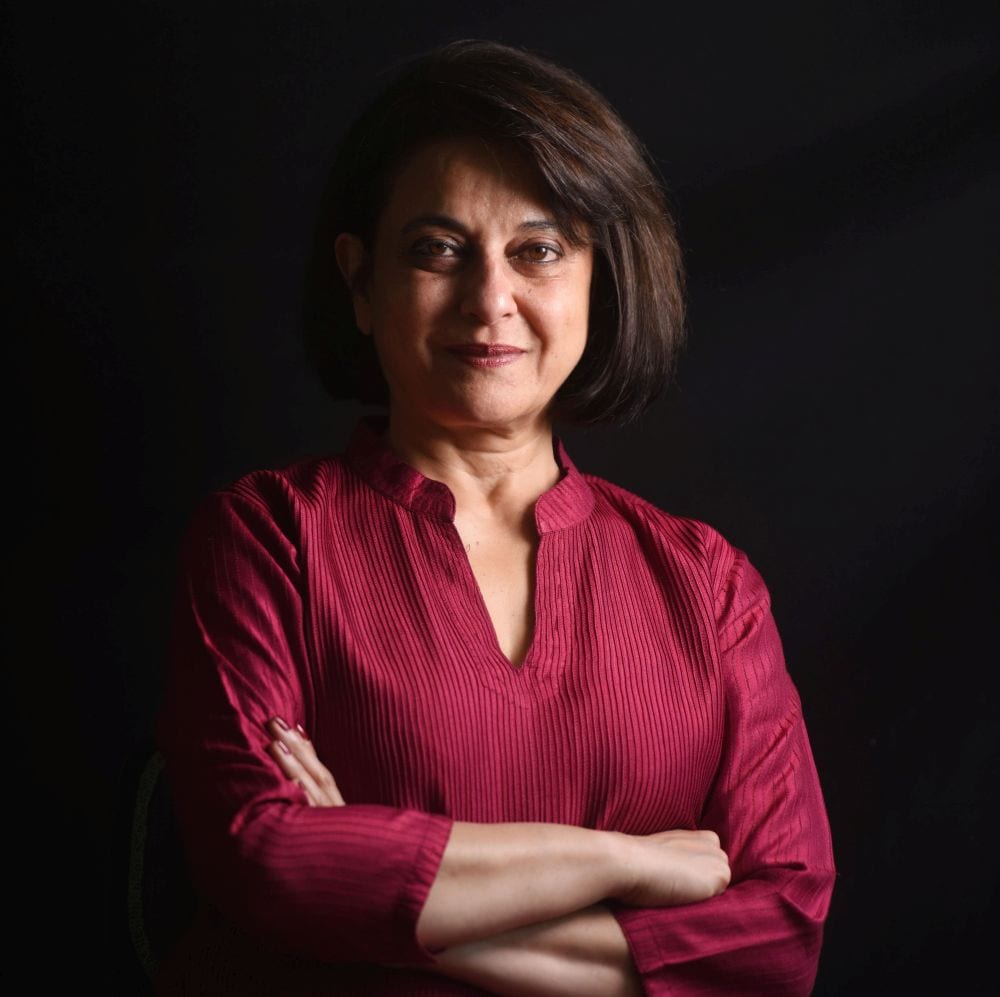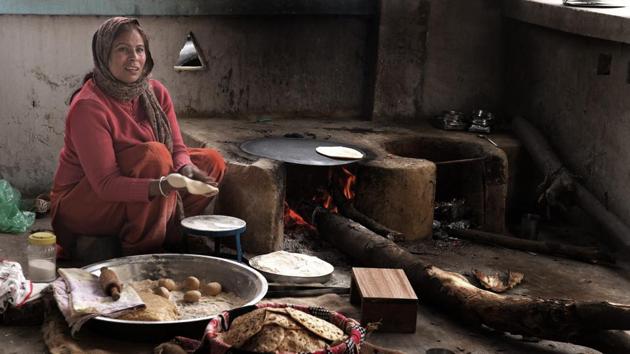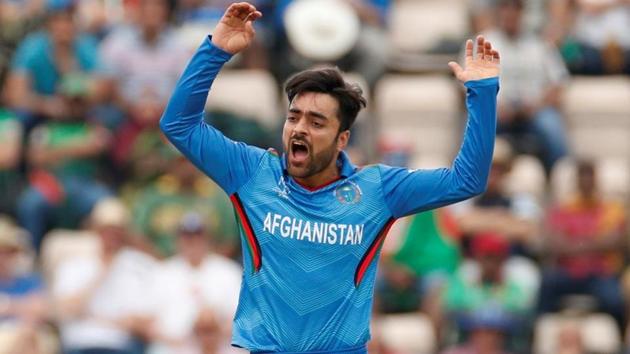| Dear Reader: It is that time of the year when things begin to wind down and it seems right to take stock of the year just ending. What were some of the best books written by Indian women in 2024? I asked four prolific readers and writers to weigh in. Read on… The big story Absolutely the best books by women in 2024 There is much to be concerned about the year gone by. The politics was the most divisive that I can remember. Wars and genocide raging and women’s rights from Afghanistan to the US under attack. Unabated crime and violence against women and the sobering reality that for too many of us the home is the most unsafe place to be. And then there were the books. Provocative, lyrical, brutal, honest, thought-provoking, entertaining, wry, heart-rending. What were some of the best books of 2024? My four judges are prolific readers and writers. They come from journalism and publishing. Coincidentally, since none of my Fab Four mentioned a work of fiction, I’ll make a small personal addition. Rosarita by Anita Desai (Picador, Rs 499) is a slim novella that lay on my bedside for days before I picked it up early one morning and read straight through to the end stunned by the sheer beauty and elegance of its writing. It stirred memory and desire, the universal tale of far too many women who lose themselves to marriage and family. Nilanjana S Roy The Many Lives of Syeda X: The Story of an Unknown Indian by Neha Dixit (Juggernaut, Rs 799) A sensitive and wide-ranging portrait of Delhi, women’s work and survival in a harsh city emerges from the life of one Muslim woman. Wild Women: Seekers, Protagonists and Goddesses in Sacred Indian Poetry edited by Arundhathi Subramaniam (Penguin Random House, Rs 999) Sacred, sensual poetry by seekers, explorers and mystics spanning centuries of Indian history. The Incarcerations: Bhima Koregaon and the Search for Democracy in India by Alpa Shah (HarperCollins, Rs 799) The criminalization of dissent, unjust imprisonment and the might of the state told through the story of the Bhima Koregaon Six. Witness by Sakshi Malik and Jonathan Selvaraj (Juggernaut, Rs 799) A stirring memoir from the champion wrestler about overcoming poverty and sabotage in the pursuit of the sport where she found meaning and purpose. [The author of The Wildings (2012), The Hundred Names of Darkness (2013), The Girl Who Ate Books (2016) and, most recently, Black River (2022), which was among New York Times’s 100 notable books of 2024, the year it was published in the US, Nilanjana Roy also writes a column on books for The Financial Times.] Neha Dixit This Land We Call Home: The Story of a Family, Caste, Conversions and Modern India by Nusrat F. Jafri (Penguin Random House, Rs 699) Nusrat's book deals with the complexity of India and the family. She impactfully addresses questions of origin and identity and how they are affected by politics in the outside world. Her book is a masterpiece in narrating intergenerational stories. From Phansi Yard: My Year with the Women of Yerawada by Sudha Bharadwaj (Juggernaut, Rs 799) Sudha profiles 76 inmates who she met in jail where she was kept in solitary confinement. She complicates the conversation on freedom both behind and beyond bars for women. She brings up questions of survival and the structured inequality of the system in which women live in India. Her empathetic writing despite her own personal suffering is moving and inspiring. India’s Forgotten Country: A View from the Margins by Bela Bhatia (Penguin Random House, Rs 1,299) Bela's collection of writings from the most remote and marginalised corners of the country shines a spotlight on the arbitrariness of violence towards the least resourceful and impoverished people of India. Her writing powerfully intersects class, gender and geography to tell us about how people are systemically invisibilised. The Personal is Political: An activist’s Memoir by Aruna Roy (HarperCollins, Rs 599) Aruna's book is a lesson in documentation that is often lacking for those who are less resourceful. Stories of her activism and the people she has worked with are a reminder of how much one can learn about the world through practice. Semiotics of Rape: Sexual Subjectivity and Violation in Rural India by Rupal Oza (Zubaan, Rs 403 on Amazon) Rupal's book pushes us to look beyond words such as victim and survivor and how the language around sexual violence cases often concretises stereotypes and patriarchal systems. It is a much-needed reminder of how women assert their autonomy and refuse to be defined by violence. [Award-winning independent journalist Neha Dixit’s first book The Many Lives of Syeda X: The story of an unknown Indian (Juggernaut, Rs 799) has been making waves since its publication earlier this year.] Ghazala Wahab  Force magazine The Incarcerations: Bhima Koregaon and the Search for Democracy in India by Alpa Shah (HarperCollins, Rs 799) This is a very brave book given the current political climate in India where writers tend to balance things out and present both sides. Alpa Shah has actually written about how these people were framed, how evidence was planted and how despite there being no case, continued to be persecuted because of political reasons. The Colours of Nationalism: A Memoir of Dreams, Hopes and Betrayals by Nandita Haksar (Speaking Tiger, Rs 599) These memoirs are a continuation of the first part where Nandita Haksar talks about food and flavour. It’s in the second part that she talks about her exposure to all aspects of nationalism. There’s something naïve but also very honest about her optimism and her ideas as an adolescent on how India should move forward. Her brush with reality begins as she comes into adulthood, which leads to her growing disappointment and disillusionment. Her book is as much a memoir as it is a brief history of independent India and its struggle with justice, equality and secularism. [The co-founder of Force magazine that looks at issues ranging from homeland security to religious extremism, Ghazala Wahab’s 2021 book, Born a Muslim: Some Truths about Islam in India was a best-seller that won two book of the year awards. Her second book, The Hindi Heartland is due to be published in 2025.] Urvashi Butalia  Ashoka University The Many Lives of Syeda X: The Story of an Unknown Indian by Neha Dixit (Juggernaut, Rs 799) I love it for the story it tells of one woman—she could be any poor woman—and its deep insight into the many exploitations, violence, oppression, but ultimately resistance. The Vulgarity of Caste: Dalits, Sexuality and Humanity in Modern India by Shailaja Paik (Navayana, Rs 500) This book about the lives of tamasha dancers in Maharashtra from the lens of caste, unravels the complex relationship of sexually charged public performances by Dalit women, the non-recognition of their labour, its labelling as vulgar and, therefore, morally reprehensible. Seeking Begumpura: The Social Vision of Anti-caste Intellectuals by Gail Omvedt (Navayana, Rs 292 on Amazon) The visions and utopias as articulated by people of marginalized identities, from Chokamela, Kabir to Phule, and how they saw the ideal society. Revolutionary Desires: Women, Communism and Feminism in India by Ania Loomba (Routledge, Rs 5,012 on Amazon) Around the time communism was becoming an articulated entity in Indian politics in the 1920s, Loomba looks at the lives of communist women and how they were shaped by the cultural and political context. Secularism as Misdirection: Critical Thought from the Global South by Nivedita Menon (Permanent Black, Rs 1,095) I’m only halfway through this book that is questioning our received notions of secularism and how we understand it as development and progress, which hides crucial issues like caste. It examines how in the past 30 or 40 years, the secularism discourse has used the women’s movement and asks if we can rethink secularism and look at it through the lens of gender and caste. Toote Pankhon se Parwaaz Tak by Sumitra Mehrol (English translation to be published by Zubaan in 2025, Hindi paperback, Rs 290 on Amazon) I am in the process of translating this book from Hindi to English. Sumitra is a writer who is disabled, Dalit and female, looking at life through these triple oppressions. The book is a very unusual memoir, distant and reflective. I found it immensely moving. [One of India’s foremost chroniclers of the women’s movement and, in particular, the Partition, the co-founder of India’s first feminist publishing house, Kali for Women, Urvashi Butalia now heads Zubaan, also a feminist imprint. She has edited numerous collections including short stories by Indian women, Speaking Peace: Women’s voices from Kashmir, Women and the Hindu Right, and Partition: The long shadow (2015). Her oral history of the Partition, The Other Side of Silence: Voices from the Partition of India (also available as a paperback) won the oral history book association award.] [What were your favourite books written by women in 2024? Write to me at: namita.bhandare@gmail.com ] | 

















